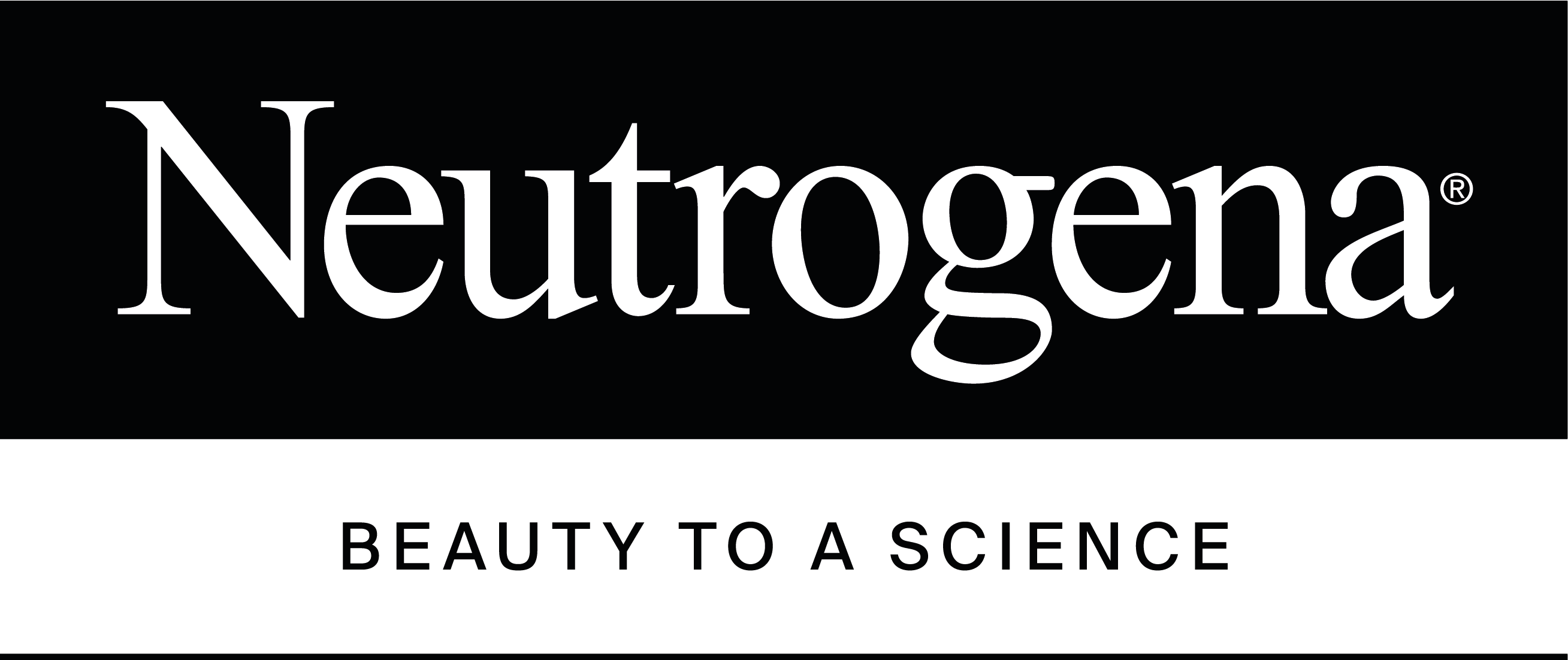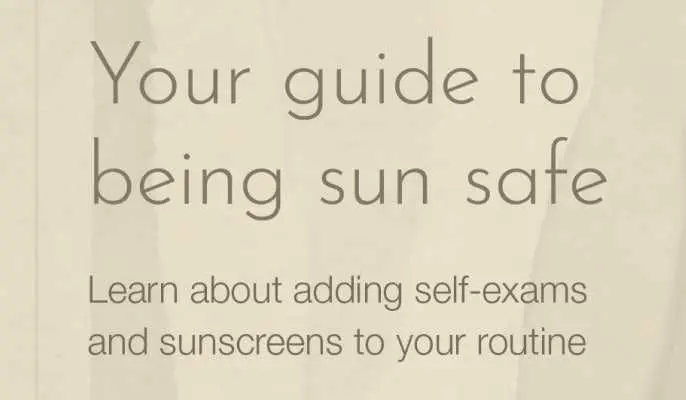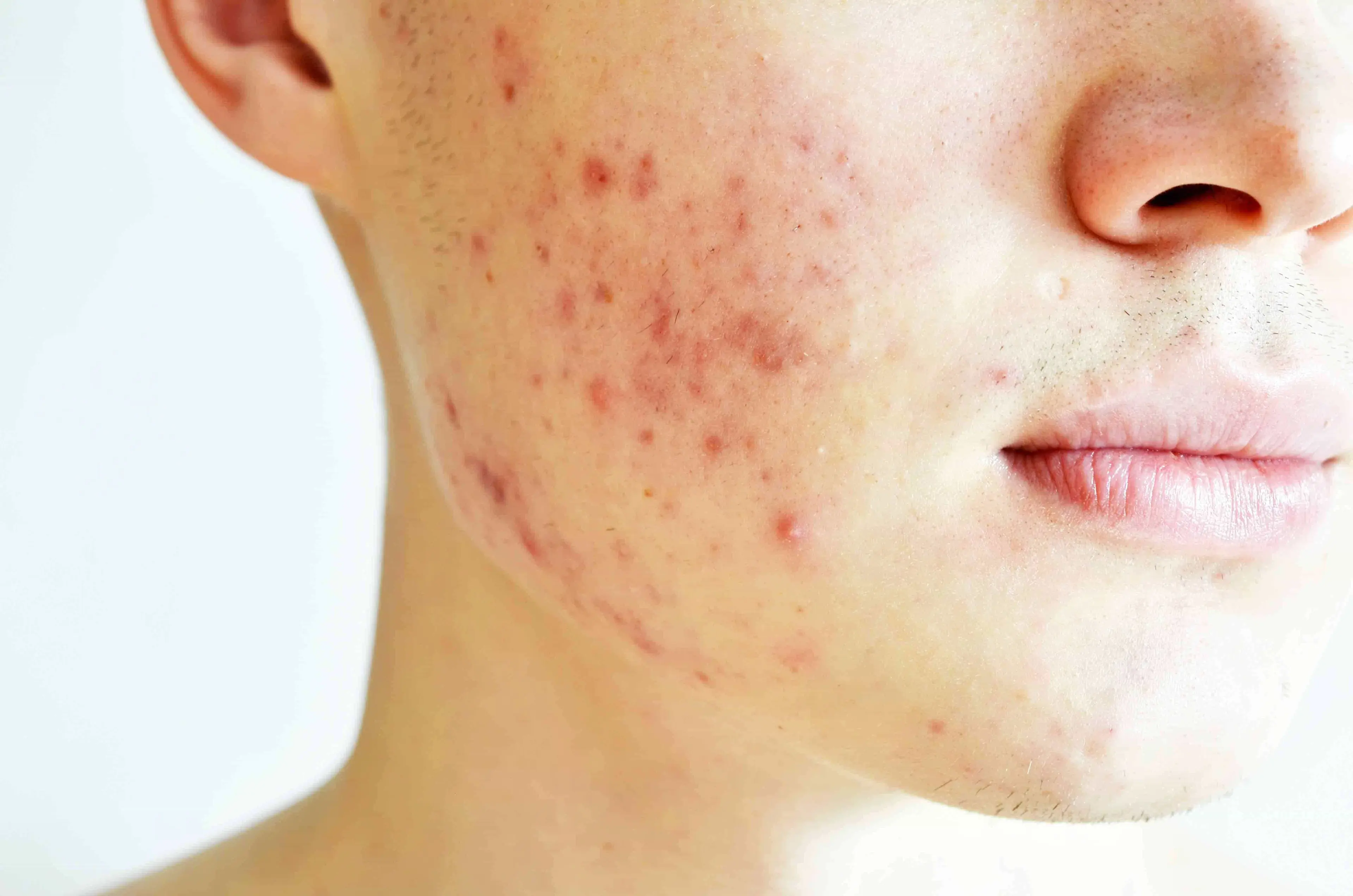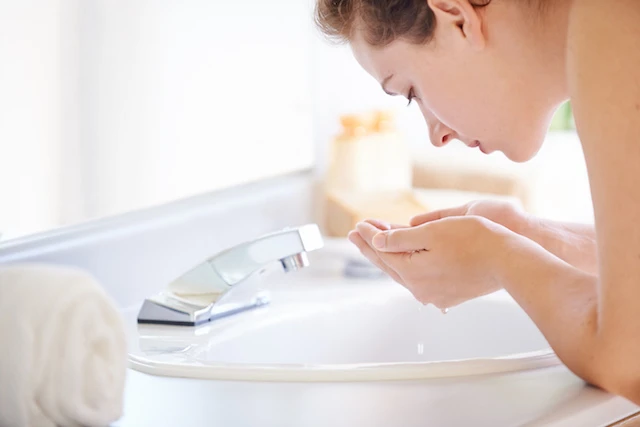For some people, the battle against acne feels like it never ends. The Canadian Dermatology Association (CDA) reports that acne affects 5.6 million Canadians or roughly 20% of the population.1 While acne affects 90% of adolescents, 20-30% of individuals aged 20-40 years still struggle with breakouts. Teens struggling with acne can continue to encounter acne challenges as they mature.
Once you finish high school or college, you might think that you'll suddenly find it easier to have bright, clear skin. The truth is the struggle with acne can impact anyone, which is why many individuals reach for products containing ingredients like benzoyl peroxide to include in their skincare routines.
If you struggle with acne and want more information on an essential skincare ingredient that can help, join us to learn more about Benzoyl Peroxide.
What Is Benzoyl Peroxide?
Benzoyl peroxide is an antiseptic topical ingredient that kills bacteria that cause mild-to-moderate acne, making it a key ingredient in many acne-fighting products and a vital part of many individuals’ skincare regimens.2
How Does Benzoyl Peroxide Work?
This essential ingredient kills acne-causing bacteria and helps the skin's pores shed dead skin cells and excess oil or sebum. 2 Benzoyl peroxide treats existing acne and helps prevent future outbreaks. It works best when you add it as a standard part of your regimen if you continually struggle with acne.
What Does Benzoyl Peroxide Treat?
Topical benzoyl peroxide products typically focus on mild or moderate acne. Benzoyl Peroxide can be an effective addition to a regimen, with several acne-fighting benefits4:
Dries and helps clear up acne pimples. Once a pimple arrives on the scene, you need something to help dry it up and let your skin heal, and benzoyl peroxide has the necessary drying properties needed.
Reduces the number or severity of acne pimples. This lets your skin rest and heal. Benzoyl peroxide lets your skin start to heal right away. It also penetrates the pores to attack pimples before they start to form.
Helps skin stay clear and prevents new pimples. Benzoyl peroxide is a widely used skin antiseptic. It works to prevent new pimples by stopping bacteria from growing and causing acne pimples.
Penetrates pores to control or reduce acne pimples. Benzoyl peroxide for acne is unique because it can penetrate the skin, where it breaks down into either benzoyl radicals that kill the bacteria or benzoyl acid that opens clogged pores.
Benzoyl Peroxide vs Salicylic Acid?
Both benzoyl peroxide and salicylic acid remove the dead skin cells that lead to acne bacteria build-up, but they each have their own specific strengths.
Topical treatments containing salicylic acid are best known for naturally exfoliating the skin by allowing the skin cells to unstick from one another, stopping the formation of pimples.5 Want to learn more about the benefits of salicylic acid for acne? Read our article here.
While salicylic acid’s primary role is to get rid of dead skin cells, benzoyl peroxide is most effective at managing inflammatory acne, which refers red bumps containing pus.2 It works to treat and prevent acne by killing bacteria underneath the skin, as well as helping the pores shed dead skin cells and excess sebum (oil).2
How to Use Benzoyl Peroxide
Since all products containing benzoyl peroxide for acne can vary, it's crucial to read the label and follow the instructions of your specific product before using it.
Here are some precautions to consider2:
Dries skin. Since the objective is to dry out pimples where they're hiding, you might experience overall dryness, peeling and discomfort the first time you use products containing Benzoyl Peroxide. Consider using a smaller amount the first few times you try your product to let your skin adjust over time. In any case, don't use more than the recommended amount on the label.
Only for use on skin. Not only should you not ingest benzoyl peroxide products, accidentally or otherwise, but you should avoid using it near your eyes, inside of your nose, lips or the more sensitive areas of your neck.
Sunscreen protection is important: It’s important to use a SPF 30 or higher sunscreen every day because acne scars can worsen with sun exposure.
Could cause an allergic reaction. If you have ever experienced an allergic reaction to another topical skincare product, you should check with your dermatologist before trying Benzoyl Peroxide. New users should be cautious and apply to small area once daily for 3 days to test for sensitivity.
When to Use Benzoyl Peroxide
If you struggle with mild to moderate acne, then you might be a good candidate for topical benzoyl peroxide products. Neutrogena® offers a full line of acne-fighting products with benzoyl peroxide.
If you're looking for a trustworthy brand to help clear up and refresh your skin, you might be interested in trying some Neutrogena® products:
NEUTROGENA® RAPID CLEAR® Stubborn Acne Cleanser kills and prevents bacteria that cause acne.
NEUTROGENA® RAPID CLEAR® Stubborn Acne Spot Gel is a spot treatment formulated with a maximum strength* of benzoyl peroxide.
NEUTROGENA® Stubborn Acne AM Treatment reduces stubborn breakouts and redness in hours.
*Highest non-prescription strength available.
It is always best to consult a dermatologist if you're new to benzoyl peroxide skincare products.
Frequently Asked Questions
Q: Can I use benzoyl peroxide with other skincare ingredients/products?
A: Benzoyl peroxide can be used with moisturizing ingredients, like hyaluronic acid, and SPF.
Q: Can all skin types use benzoyl peroxide?
A: Benzoyl peroxide products for acne are appropriate for people with normal, oily or combination skin types. While it’s considered appropriate for most people, it’s best to consult a dermatologist if you are using Benzoyl Peroxide for the first time. 2
Q: What should you do if your skin has a bad reaction to benzoyl peroxide?
A: Benzoyl peroxide can cause dryness, peeling and discomfort. If you experience redness, rash or itching, then stop using the product and always consult a dermatologist. 6
Summary and Closing
If you're ready to tackle the bacteria causing acne, try Neutrogena® benzoyl peroxide products!
Remember to discuss any skincare products you consider using with your trusted dermatologist or primary healthcare professional.
Sources:



